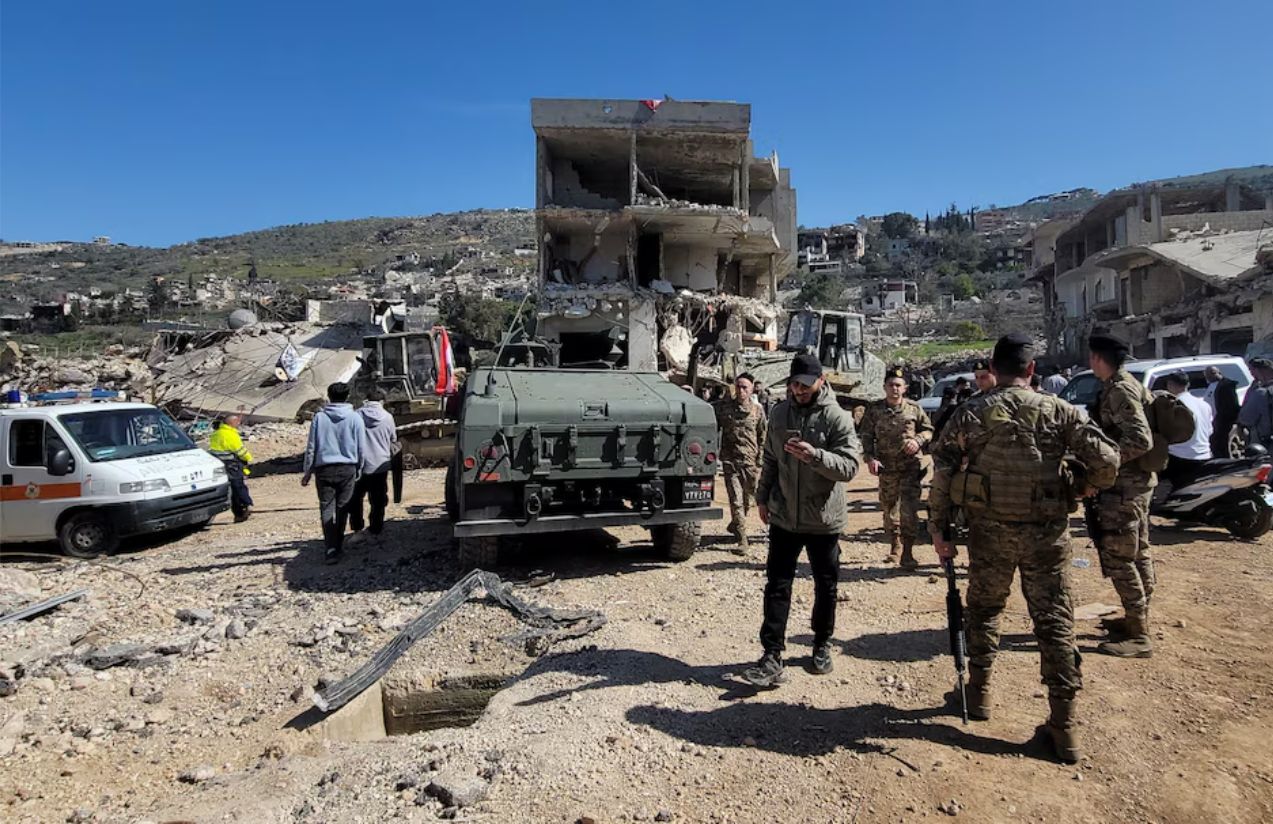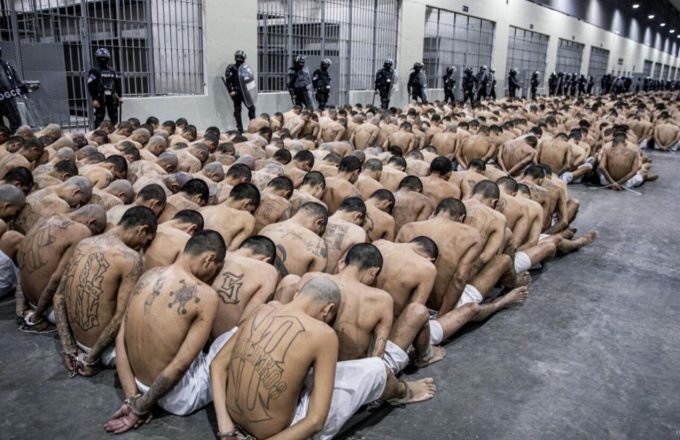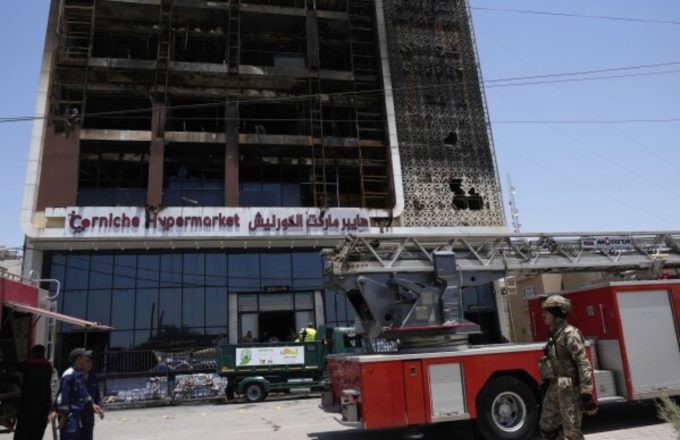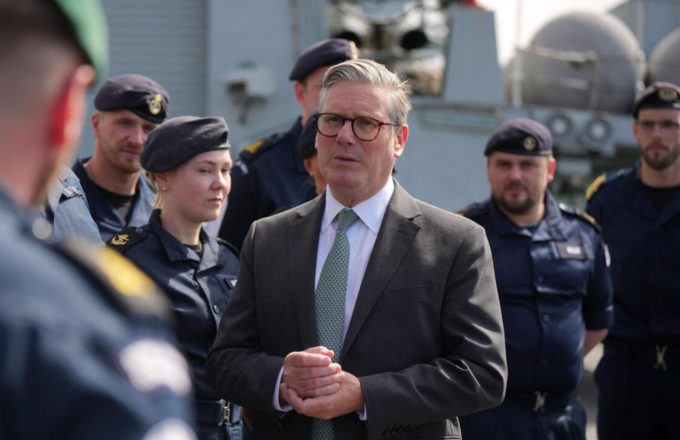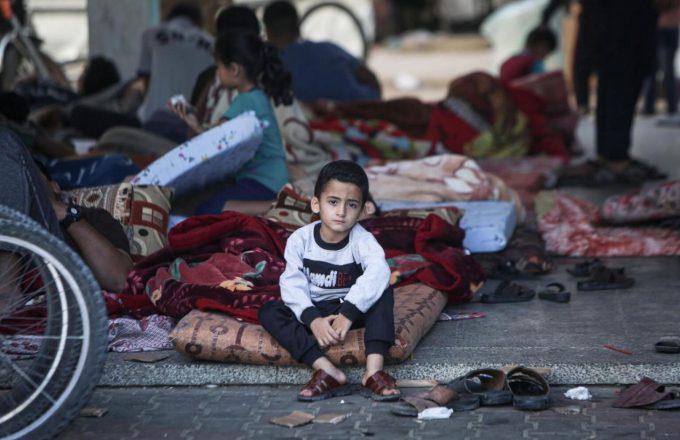The Israeli military confirmed on Wednesday that it now controls roughly 30% of the Gaza Strip, as it continues to escalate its ground offensive against Hamas, which resumed in mid-March.
According to a statement from Arabic-language military spokesperson Avichai Adraee, the Israel Defense Forces (IDF) are operating in the enclave with three divisions focused on dismantling Hamas infrastructure, both above and below ground.
This strategy has allowed Israel to expand its “operational security zone” in recent weeks, dividing Gaza into smaller sectors that facilitate military operations and weaken the militant group.
Key areas of focus include the Morag axis and the Netzarim corridor, as well as the southern cities of Rafah and Khan Younis—historical Hamas strongholds—where Israel is seeking to consolidate its presence. Nonetheless, the Israeli forces are prepared to widen the scope of operations, according to Defense Minister Yoav Gallant, who warned that new phases would be launched if necessary to secure the release of all hostages.
“The army will remain in the security zones as a buffer between Hamas and Israeli communities, under any future arrangement—temporary or permanent,” the minister added, referencing a strategy similar to that used in Lebanon and Syria.
Gallant also said that operations are being carried out with measures in place to protect civilians, including ordered evacuations to minimize casualties.
Meanwhile, Israel is maintaining tight control over the entry of humanitarian aid into Gaza. All supplies are being closely monitored by the military to prevent weapons or sensitive materials from falling into Hamas’ hands. On Tuesday, the IDF reported downing a drone attempting to cross from Egypt, loaded with four long guns and ammunition intended for Iran-backed fighters.
“Blocking humanitarian aid is a key tool to reduce Hamas’ grip on the population,” Gallant stated, justifying the policy in place since April 2, when Israel regained control of all access points to the enclave.
“Israel’s position is clear: no humanitarian aid will enter Gaza,” he stressed. However, he hinted that, under international pressure, Israel might consider a mechanism involving civilian companies to allow the entry of basic goods without Hamas interference.
In the meantime, several humanitarian organizations have condemned Israel’s policy of preventing the delivery of water, food, tents, utensils, and fuel, warning that it endangers thousands of civilians and could constitute a war crime.


